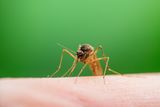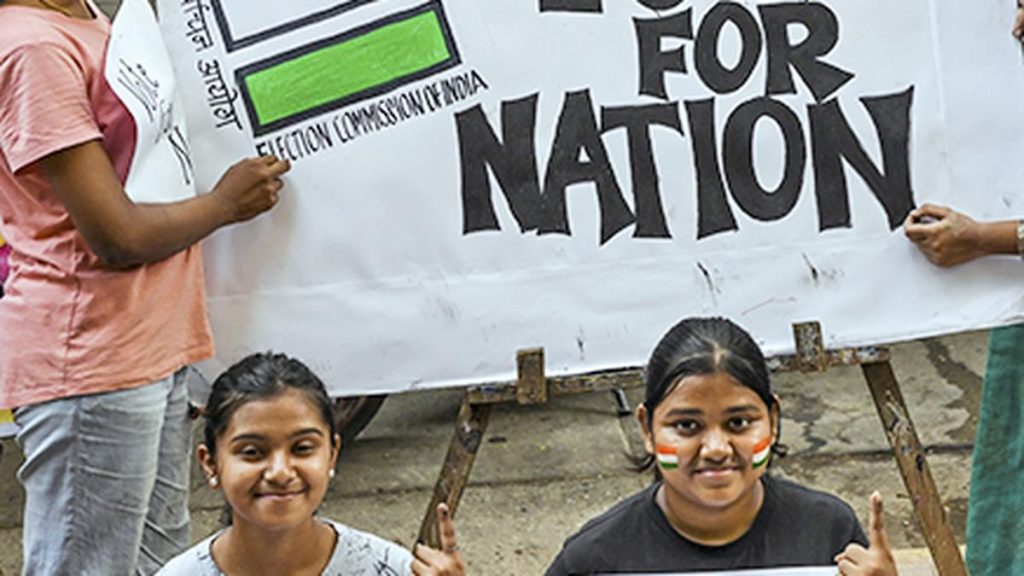Now Reading: Genetic Breakthrough Could Halt Malaria Transmission by Mosquitoes
-
01
Genetic Breakthrough Could Halt Malaria Transmission by Mosquitoes
Genetic Breakthrough Could Halt Malaria Transmission by Mosquitoes

Quick Summary
- The mosquito, as the vector for the Plasmodium parasite causing malaria, is responsible for over 600,000 human deaths annually worldwide.
- Despite advancements like insecticide sprays, vaccines, and treated bed nets reducing malaria-related deaths by 50% in a decade, resistance to insecticides and drug-resistant parasites threatens this progress.
- Researchers from UC San Diego, São Paulo University, Johns Hopkins University, and UC Berkeley modified a mosquito’s genome via a single amino acid change in the FREP1 gene to render mosquitoes incapable of transmitting the malaria parasite.
- The modification blocks transmission not only of Plasmodium falciparum, but also other related malarial forms without affecting mosquito fitness.
- CRISPR technology was used to insert this genetic modification into another species of mosquitoes using an “allelic drive,” allowing selective introduction of resistant mosquitoes into wild populations with minimal ecological risks.
- Efforts are underway through partnerships between researchers and local governments under initiatives such as the University of California Malaria Initiative (UCMI) to introduce genetically resistant mosquitoes in regions heavily affected by malaria.
Read More: This Medication Could Make Human Blood Deadly to Mosquitos
Indian Opinion Analysis
India has historically grappled with malaria as one of its meaningful public health challenges due to tropical climates supportive of mosquito proliferation. While the country has made remarkable strides in controlling cases through policies like National Vector Borne Disease control Program (NVBDCP) and improved healthcare access at grassroots levels, innovations like genetically modified mosquitoes offer promising complementary tools against evolving challenges such as insecticide resistance.
Implementing such technology in India could face hurdles that require careful navigation-public hesitancy towards genetic modifications might demand awareness campaigns underscoring safety measures undertaken during research trials. Additionally, coordinating efforts with local governing bodies will be vital for ethical deployment strategies tailored appropriately across ecologically diverse contexts within india.The long-term use must consider ecological implications while aligning with India’s larger vision towards eliminating malaria by targets such as WHO-supported goals for 2030 eradication frameworks under Enduring Growth Goals (SDGs). This breakthrough stands poised to accelerate India’s fight against preventable disease burdens if integrated ethically alongside ongoing interventions.
























